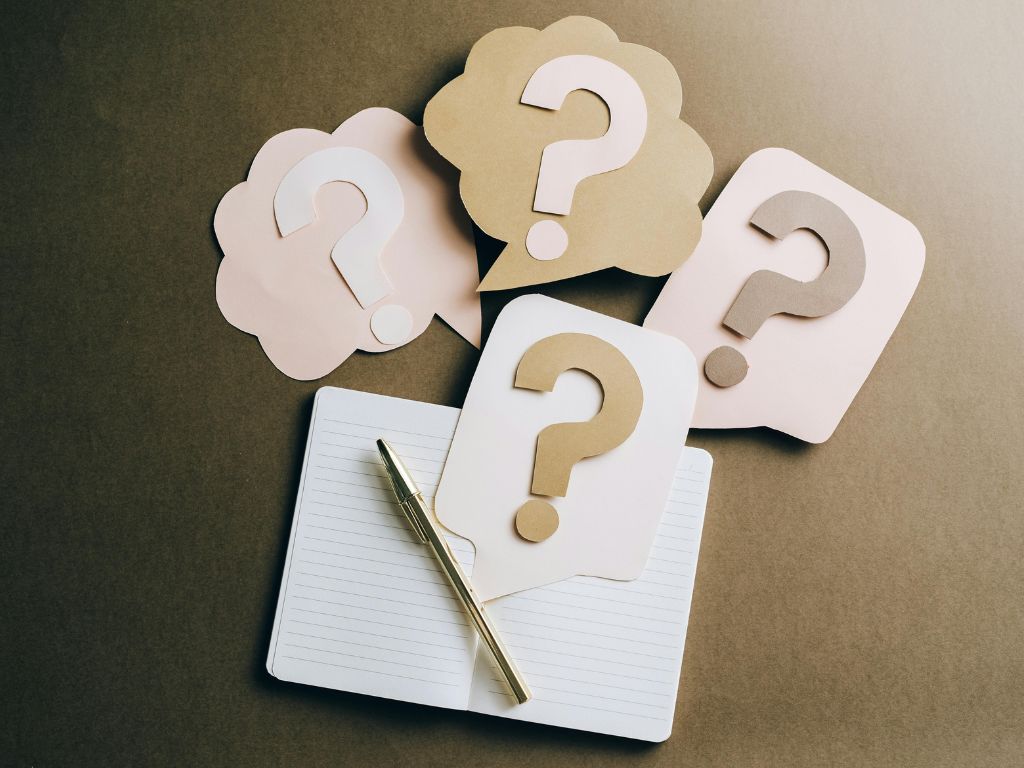Because your brain can only make so many good decisions before it starts to break down—and sleep is your reset button.
From setting vision to replying to an urgent Slack message, your brain is a high-performance engine of judgment, prioritization, and planning.
As a leader, you’re constantly making decisions—big and small, strategic and situational.
But even the sharpest mind has a limit.
And when you stretch that limit too far, without proper recovery, you enter a state called decision fatigue—a condition where the quality of your choices begins to decline simply because you’ve made too many of them.
The more decisions you make while fatigued, the worse your thinking becomes—unless you’ve had enough restorative sleep to reset your executive function.
What is Decision Fatigue—and Why Does Sleep Matter?
Decision fatigue is a cognitive phenomenon that describes the mental exhaustion we experience after a prolonged period of making decisions.
Think of it like this:
Every decision you make—no matter how small—withdraws energy from your mental bank account.
When your “cognitive budget” is low, you’re more likely to:
- Delay important decisions
- Default to the easiest option (not always the best one)
- React emotionally rather than strategically
- Delegate poorly or avoid hard conversations
- Lose sight of long-term thinking
And what refuels this decision-making muscle?
Deep, uninterrupted, high-quality sleep.
The Science: Sleep Fuels the Brain’s Executive Control System
The part of the brain responsible for decision-making, judgment, and prioritization is the prefrontal cortex.
This region is highly sensitive to sleep deprivation.
When you’re not well-rested, this area experiences:
- Reduced glucose metabolism
- Poor impulse control
- Decreased working memory
- Slower processing speed
A study from UC San Diego showed that even partial sleep deprivation leads to more risk-prone decisions and less ethical reflection.
Another found that business leaders who sleep less than 6 hours per night show significantly lower scores in long-term planning and delegation.
How Decision Fatigue Shows Up in Leadership
Here are some real-world signs your decision-making may be under pressure due to poor sleep:
- You procrastinate on difficult or emotionally loaded decisions
- You say “yes” just to move things forward—even when it’s not aligned
- You avoid weighing trade-offs and opt for “safe but stagnant” options
- You second-guess or reverse prior decisions more frequently
- Your team notices you’re distracted, rushed, or reactive
Sleep doesn’t just give you energy—it gives you mental clarity, emotional bandwidth, and cognitive discipline.
How to Combat Decision Fatigue with Better Sleep Habits
Here’s how to stay mentally sharp, reduce errors, and extend your leadership edge:
1. Treat Sleep Like a Strategic Asset
Track it. Protect it. Plan around it.
Just as you wouldn’t make key decisions on an empty financial budget, don’t make them on an empty mental one.
2. Schedule Critical Thinking in Your Cognitive Peak Window
Everyone has a natural chronotype—a time of day when they’re most alert.
Plan deep work and high-stakes decisions during that time.
📌 Sleep resets your “mental bank”—and when you align sleep with strategic scheduling, you make better calls.
3. Sleep 7–9 Hours to Support Prefrontal Cortex Recovery
It’s during sleep—especially deep and REM sleep—that the brain:
- Processes complex decisions
- Prunes irrelevant information
- Refreshes your working memory
- Rebuilds executive clarity
4. Limit Micro-Decisions in the Morning
Set routines for clothing, meals, and calendar flows.
🧠 Save your cognitive energy for the decisions that matter most.
5. Watch for the “Afternoon Slump” Trap
Most people experience decision fatigue between 2–4 PM.
✔️ Batch administrative or low-stakes tasks here
✔️ Reserve your strategic bandwidth for the morning or early evening (after a power break or walk)
Final Thoughts: Sleep is the CEO of Your Brain
Sleep isn’t just a health behavior—it’s your ultimate strategic reset.
If your job is to lead, prioritize, and make smart, future-oriented choices—
You need to treat your cognitive recovery with the same importance you give your meetings and KPIs.
✅ Want fewer regrets and sharper instincts?
✅ Want better risk assessment and calmer communication?
✅ Want to out-think, out-pace, and outlast?
Prioritize the sleep that sharpens the mind behind your best decisions.

